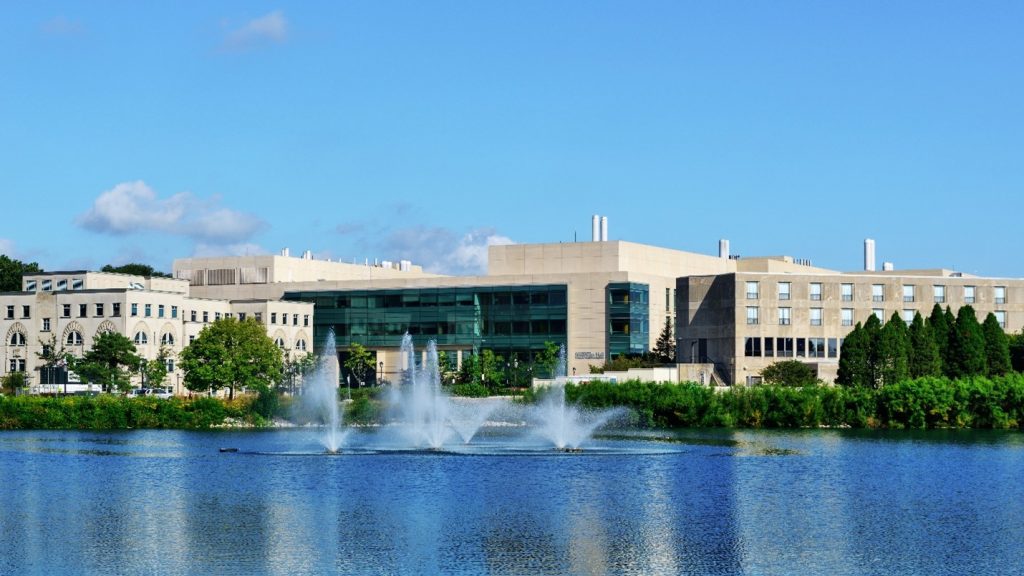
The Chemistry of Life Processes Institute (CLP) recently received a $2 million five-year National Institutes of Health (NIH) T32 training grant award (1 T32 GM 149439-01) to prepare a diverse cohort of students to lead the next wave of innovation and discovery at the interface of chemistry and biology.
The award follows ten years of NIH/NIGMS T32 funding in support of CLP’s highly regarded Predoctoral Training Program. In addition to providing evidence-based training and mentoring approaches that incorporate coursework, research experience, and career development, the new award requires funded institutions to ensure diversity at all levels—from the science topics covered to the recruited students.

Features of the CLP Predoctoral Training Program
Over the past decade, 26 graduate students have completed the CLP Predoctoral Training Program and have gone on to pursue successful careers in academia, industry and government. The Training Program provides students with the opportunity to integrate graduate studies in chemistry and the life sciences and become immersed in the highly collaborative research programs of 52 mentors from 3 schools (Weinberg, Feinberg and McCormick) across 10 departments.
The depth and breadth of the CLP Program coursework requirements, novel immersive cross-disciplinary lab experience, and unique mentoring structure, coupled with a strong shared training environment, sets it apart from other biomedical training programs,” says Sheila Judge, CLP’s Senior Director for Research, Education and Administration.
The Training Program also supports trainee career development, communication skills training, resume development, and leadership skills. Activities such as improvisational communications workshops led by an instructor with Chicago’s The Second City, as well as workshops with industry leaders and invited talks by investigators from other academic institutions expose trainees to alternative career pathways and facilitate networking with potential mentors.
The new award funds eight trainees per year. Trainees are appointed to the grant starting in the fall of their second year and are supported throughout their second and third years of graduate education. Two additional students are supported annually by one-year university fellowships, enabling the participation of well-qualified and diverse international students.
The CLP Training Program deploys a team-based approach to program leadership that leverages the unique expertise of its members and the administrative capabilities of the CLP to enhance program development, assessment and evaluation, and training. The team is led by PI/Program Director Neil Kelleher, who is assisted by three Associate Directors, Regan Thomson (Chemistry), Amy Rosenzweig (Molecular Biosciences), and Sheila Judge (CLP), and program administrator Penelope Johnson.
“The new evidence-based training methods and approaches developed by the CLP program will be shared with graduate programs at Northwestern and across the country,” says Judge. “Our goal is to maximize the impact of program innovations and contribute to the development of 21st-century graduate STEM education.”

